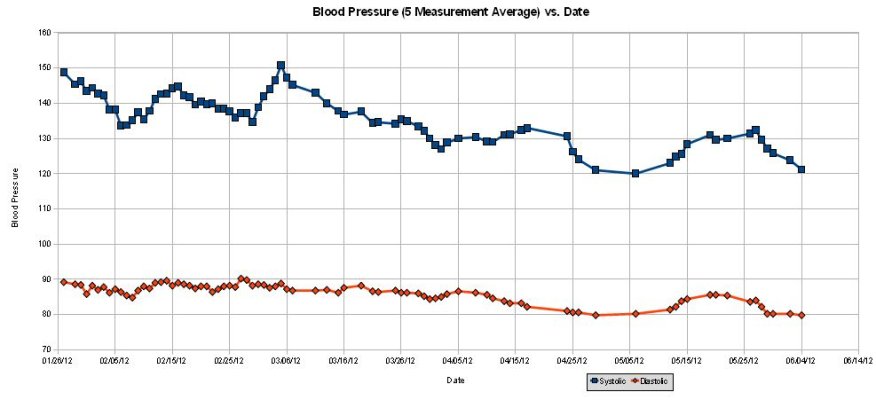There is so much to know, and without knowing the detals of each study, including the distribution of outcomes, not just averages, we will never know. Hard to doubt Al's experience though, as he is not trying to do science but to improve his health.
Taubes' tale of replacing lost sodium from summer football practice is certainly true but beside the point. You can sweat out 5 pounds in practice in August-of course you have to replace electrolytes. I remember football practice- pails of little red pills that we were supposed to take after every workout. But the workouts would leave our uniforms, pads, socks and even cleats soaked with sweat. What does that have to do with modestly active men or women who when they do exercise in warm weather are mostly in a climate controlled environment?
I have one type of reasoning that makes me think that in most conditions, for most industrial age people, we eat too much salt for our own good. Stop and think- salt is the poster boy for an additive. It would surely be odd, at a time when we are constantly being warned not to use supplements or additives, if salt is the only additive and supplement that we need. As omnivores, we get lots of sodium from our food, without any salt used in preparation. And I am not including the salt used in processing of things like cheeses and cured meat-just eat a nice beefsteak with no salt, and you still get plenty sodium from it.
I don't know enough prehistory to comment, but Boyd Eaton, a radiologist at Emory University and I think the first person to use the term paleo-diet, claims that many many pre-agricultural peoples used very little salt, and in fact in paleolithic times it was not even a major item of trade.
Certainly neolithic people used salt, and anyone who could get their hands on it used it to cure meat and fish. But at least some American plains indians cured buffalo strips without using salt- just smoked it in the dry air. I have personally made venison and elk jerky without salt, just smoke, but only in dry Eastern Washington. It kept fine, at least as long as we needed it to last.
Herbivores seek out mineral licks, and NaCl is part of these, but herbovores get almost 0 salt from their food. I have noticed that in early morning when I stick my head out of the tent, deer will often be browsing where I peed the night before. I figure that is for salt.
Ha


